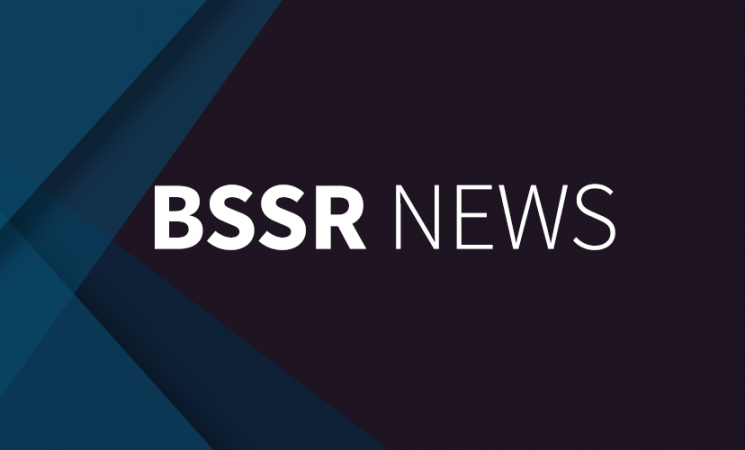
By Dr. William Riley and Farheen Akbar, M.P.H.
Much has changed about the conduct of research in the past quarter century, including the expansion of biospecimen collection for genetics and various assays, the rapid proliferation of consumer technologies used to obtain research data, the increase in data repositories and digital records to facilitate data sharing and integration, and the growing role of the research subject as an actively involved participant in research. The evolving nature of research was a catalyst for the revision of the U.S. government’s Federal Policy for the Protection of Human Subjects (https://www.federalregister.gov/documents/2017/01/19/2017-01058/federal-policy-for-the-protection-of-human-subjects), also known as the Common Rule, originally promulgated in 1991.
The revised Common Rule becomes effective on January 19, 2018, although one key provision—the mandate for using a single institutional review board (IRB) in cooperative research—takes effect 2 years later. Highlighted here are some of the key changes in exemptions and in the IRB and consent procedures of the revised Common Rule that are particularly relevant to behavioral and social sciences researchers. We refer to the Common Rule that is still in effect today as the “pre-2018 Common Rule.”
Expanded Exemptions Categories
One of the most significant changes in the revised Common Rule is the expansion of categories of human research exempt from IRB review. Under some exempt categories, limited IRB review would be required to ensure there are adequate privacy safeguards for potentially identifiable information, but these revised and expanded exempt categories have important implications for behavioral and social sciences research. Nearly all of the prior exempt categories from the pre-2018 Common Rule are maintained with some revisions, including research conducted in educational settings (§___.104(d)(1)), research involving surveys, interviews, observation of public behavior, or educational tests (§___.104(d)(2)), research and demonstration projects examining public benefit or service programs conducted or supported by a federal department or agency for program evaluation purposes (§___.104(d)(5)), and taste and food quality evaluation and consumer acceptance studies (§___.104(d)(6)). Although most of the revisions to these exemption categories are minor, behavioral and social sciences researchers engaged in these categories of research should familiarize themselves with the revised Common Rule language.
Read the Full Article at Association for Psychological Science.









